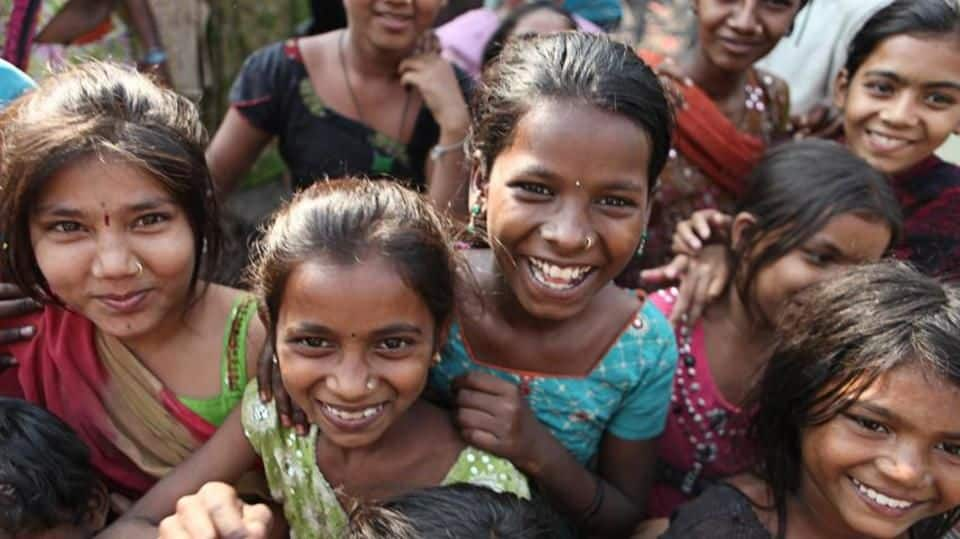
Indians' preference for sons has left 2 million girls "unwanted"
What's the story
Indians are so in love with male heirs that in their quest for sons, they have produced 21 million "unwanted" girls, the government said in its 2018 Economic Survey. The "meta" son preference means they will keep having children till they bear a son, leaving their daughters without proper care. And development hasn't proven to be an "antidote," it noted. The details are alarming.
Classes
Preference for sons cuts across classes
Preference for sons isn't new, and this attitude cuts across classes. For lower-income groups, sons are potential breadwinners while daughters mean huge expenses on dowry. In the upper classes, the dominant section, sons carry on the family business and inherit property, though legally, a daughter too can. Punjab and Haryana, among the wealthiest states, have just 1,000 girls for 1,200 boys below age six.
SRLC
A heavily skewed SRLC in Indian states
To analyze "meta" son preference, researchers studied sex ratio of the last child (SRLC) using decades of data. According to WHO, the natural "sex ratio at birth" is 1.05. In Indian households, sex ratio of the first child is 1.07, close to WHO's, but SRLC is 1.82. This means there are 182 males per 100 females by the time families have their last child.
Female foeticide
Female foeticides, negligence etc has resulted in 63mn women "missing"
Sex-selective abortions are illegal, but they have been blamed for a sex ratio of 940. In 2011, The Lancet noted 12mn girls had been aborted in the last 30 years. Due to female foeticides, disease, neglect and inadequate care, 2mn women go "missing" every year, the Survey said. 63mn are already "missing." In states with no female foeticides, like Kerala, SRLC was heavily skewed.
Information
'Society appears to want fewer women to be born'
This, despite improvements in most overall gender indicators as India's wealth has grown: women have better education and greater agency for decision-making. "Once born, the lives of women are improving, but society still appears to want fewer of them to be born," the Survey notes.